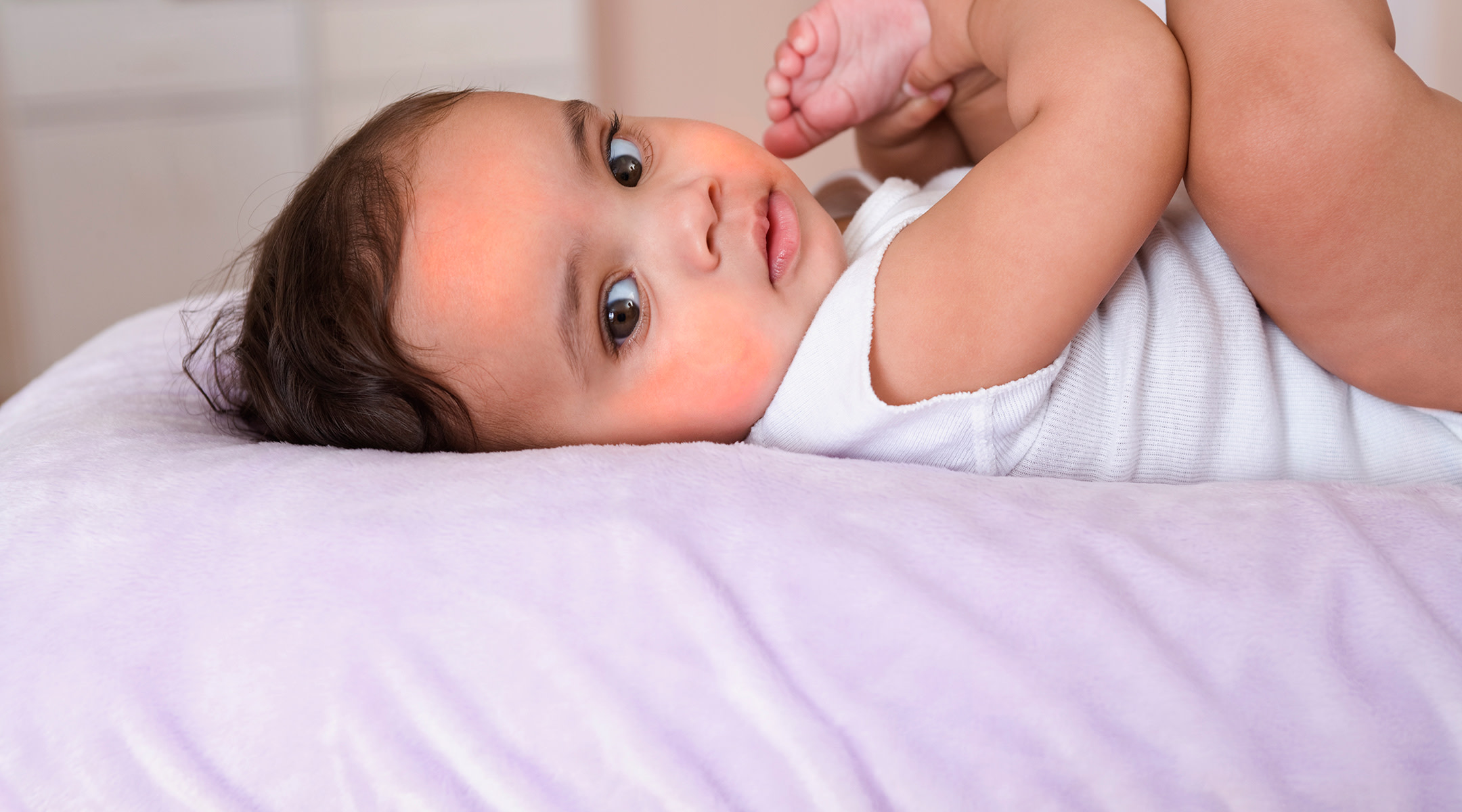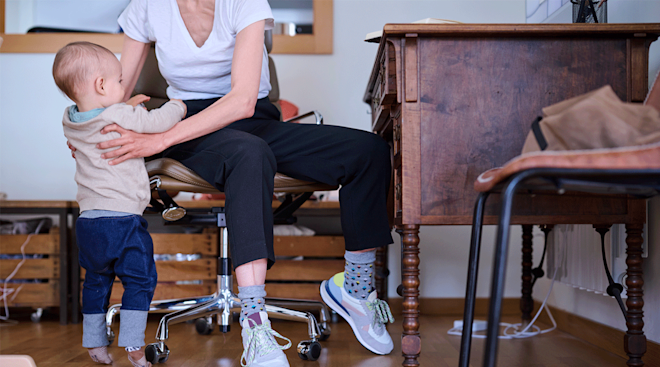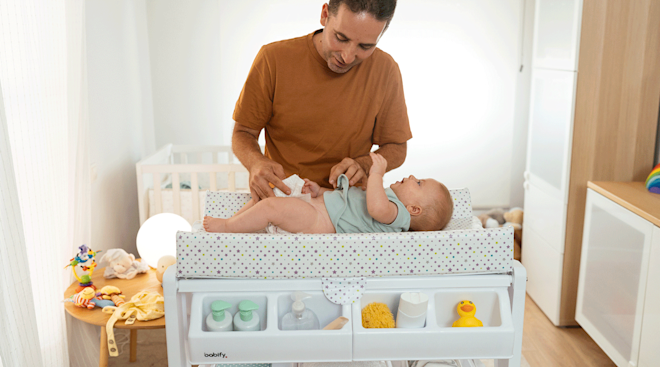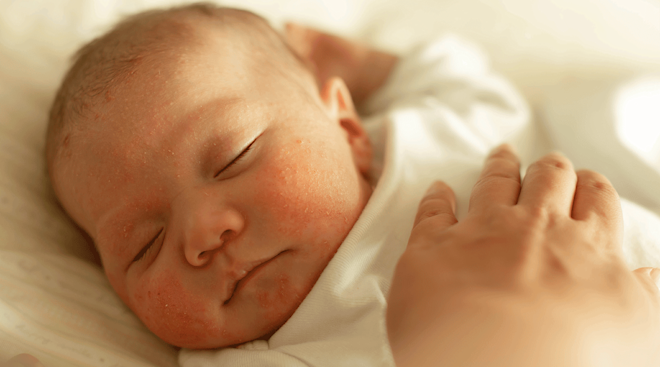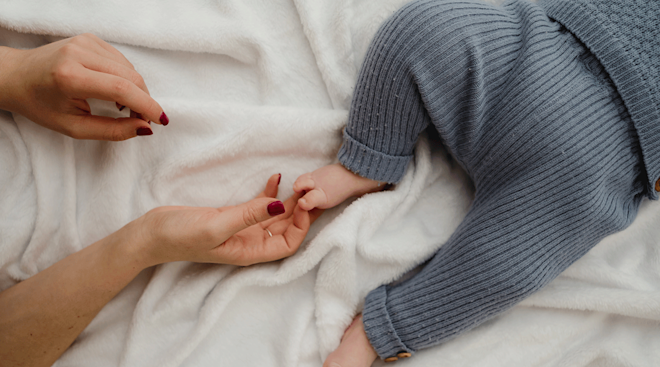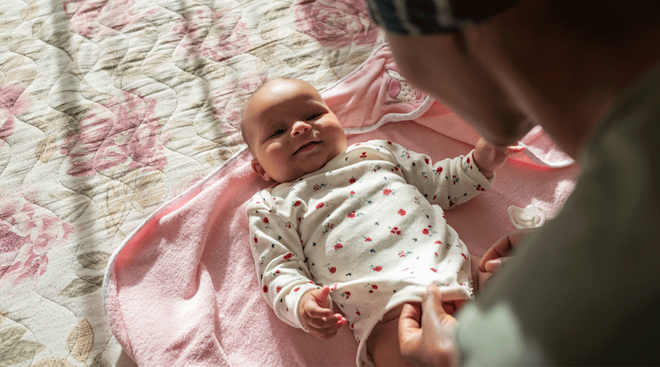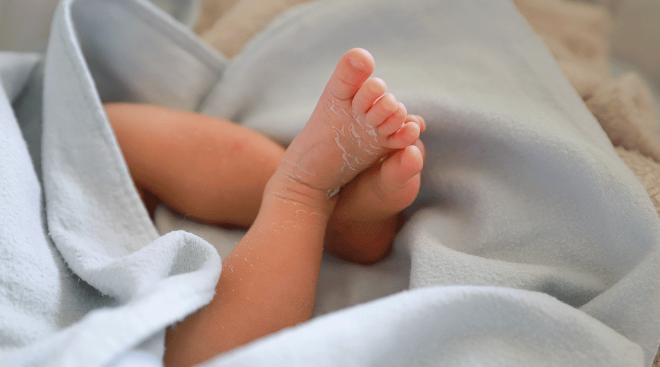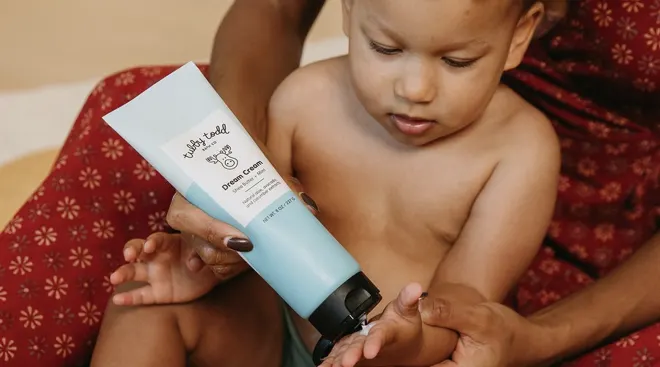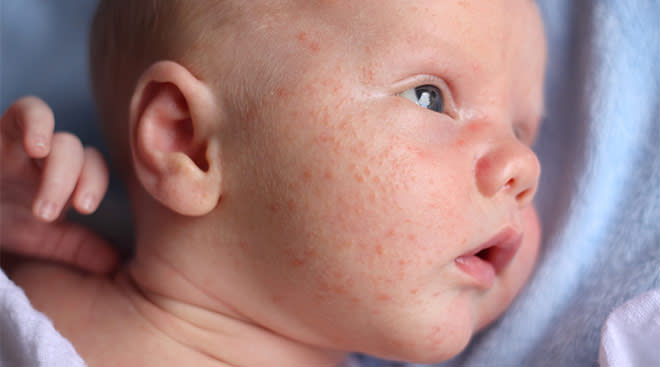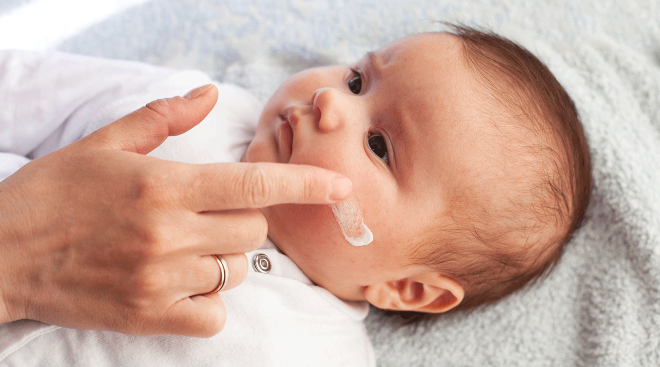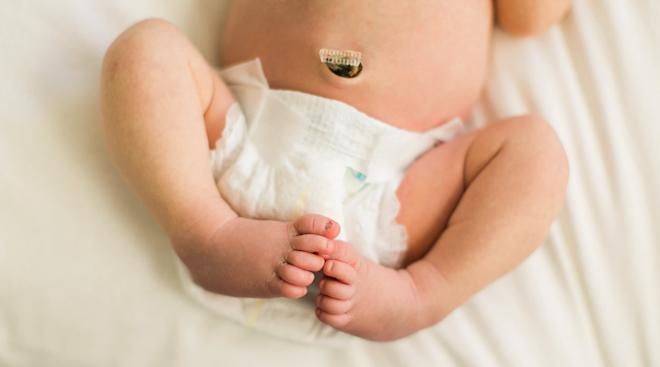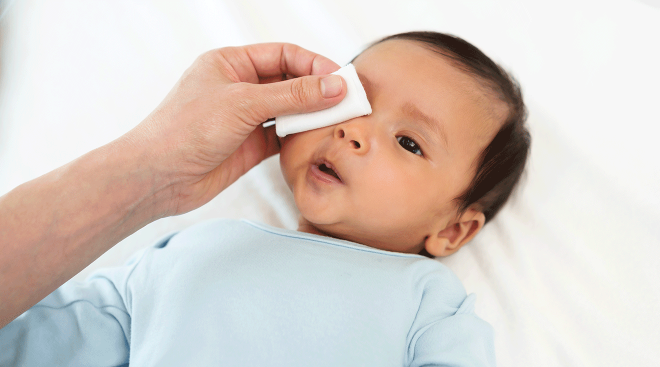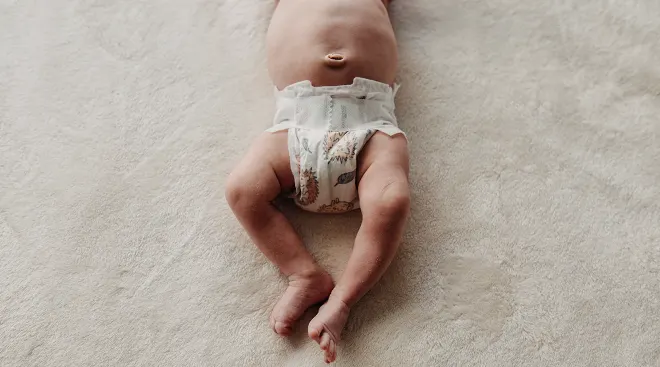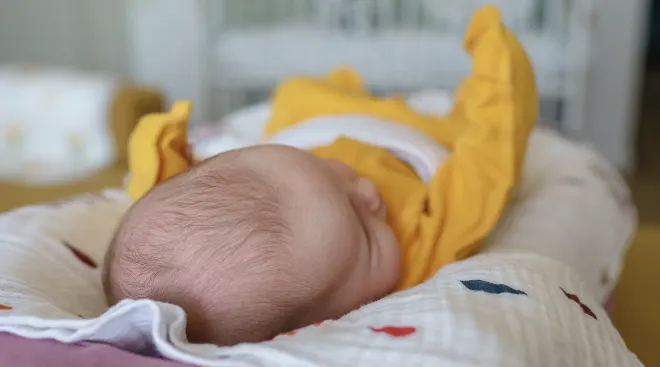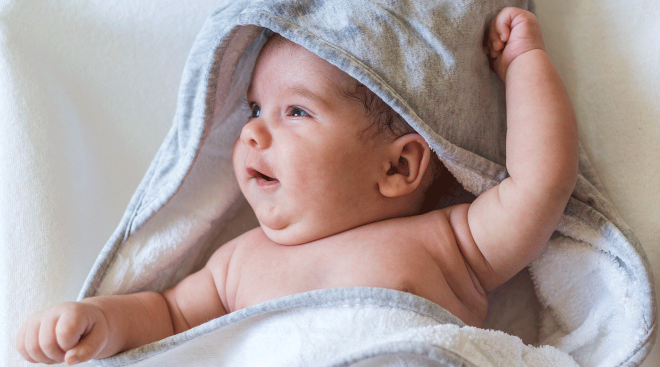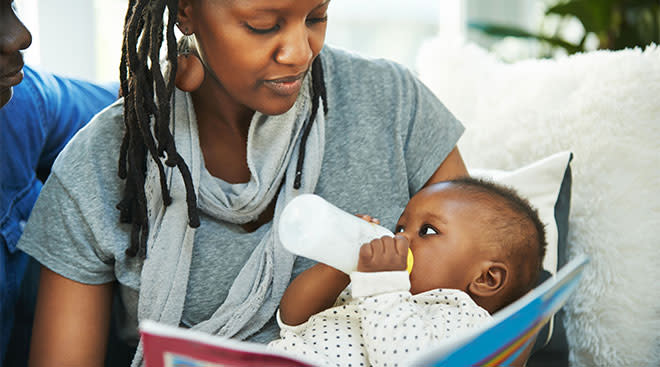Roseola in Babies
What is roseola in babies?
Roseola is a mild viral infection caused by human herpesvirus 6 (HHV-6) or human herpesvirus 7 (HHV-7). It’s most common in kids under the age of one and causes a pinkish-red rash and high fever. Most kids get roseola before they turn two.
What are the symptoms of roseola in babies?
The most common symptoms are a high fever and reddish-pink rash. The fever — high and seemingly out of nowhere — comes first. After the fever breaks (usually about three to five days later), you may notice the rash. It normally starts on baby’s chest or belly and spreads to her arms and face. The rash is typically spotty and may or may not be raised. It doesn’t itch. Other symptoms may include swollen glands, irritability and general discomfort.
Are there any tests for roseola in babies?
Yep, but they’re usually not necessary. Your baby’s doctor can draw some of her blood to check for roseola antibodies, which signal she’s infected, but the hassle isn’t usually worth it, since roseola is a mild disease that resolves on its own anyway. More often than not, the doctor will make the diagnosis based on your child’s history. (A three-day fever, then a rash? Probably roseola.)
How common is roseola in babies?
It’s really common, especially in babies between six months and one year old. By age two, almost all children have had roseola.
How did my baby get roseola?
Roseola is spread through respiratory secretion and droplets. It’s also contagious before the rash appears, so it can easily spread through day care centers and communities before anyone even knows the child is sick. If baby is near an infected child who sneezes, there’s a good chance she’ll pick up the infection too. She can also get it by chewing on a toy after her infected friend has chewed on it or by sharing eating utensils.
What’s the best way to treat roseola in babies?
Let it run its course — in most cases, it takes about a week. Acetaminophen (Tylenol) or ibuprofen (Motrin) can help keep your child’s fever in check and may make her more comfortable. You should also encourage fluids to prevent dehydration.
Antibiotics won’t work for roseola, since their job is to kill bacteria and roseola is caused by a virus. Sometimes, a doctor will prescribe antiviral medication, but that’s usually only if the infected person is immunosuppressed.
What can I do to prevent my baby from getting roseola?
Keep her away from other sick children and adults. If she’s scheduled for a playdate and the other mom calls to tell you that her child has a fever but is otherwise fine, cancel the playdate. Washing hands and toys frequently and discouraging the sharing of cups and eating utensils can also help prevent roseola (and a bunch of other infections!).
What do other moms do when their babies have roseola?
“[My son] had roseola, and it was a high fever for three solid days, and then once the fever fully broke, a small rash started that got more and more [prominent] until his whole body became a solid red. Than he faded, and he was fine.”
“Jacob had it shortly after his first birthday. It started with a random high fever with no other issues. That lasted about four to five days, and then about 24 hours after his last fever, he broke out in a rash on his torso. I took him to the pediatrician, but there really wasn’t much they could do. And by the time the rash came out, the sickness was pretty much over.”
“My daughter had this back in April. She had rectal temps up to 105, and we almost brought her to the ER a couple of times (the pediatrician told us to give her Advil and wait…the fevers came down for a while, but then shot back up for almost a week). After her fever finally broke, she broke out in the pink, pinprick rash all over. After that, she was back to her old self. It was scary, though…she was SO lethargic. It’s the sickest she’s ever been.”
Are there any other resources for roseola in babies?
The Bump expert: Jeffrey Kahn, MD, director of Pediatric Infectious Diseases, Children’s Medical Center, Dallas
Please note: The Bump and the materials and information it contains are not intended to, and do not constitute, medical or other health advice or diagnosis and should not be used as such. You should always consult with a qualified physician or health professional about your specific circumstances.
Navigate forward to interact with the calendar and select a date. Press the question mark key to get the keyboard shortcuts for changing dates.
































